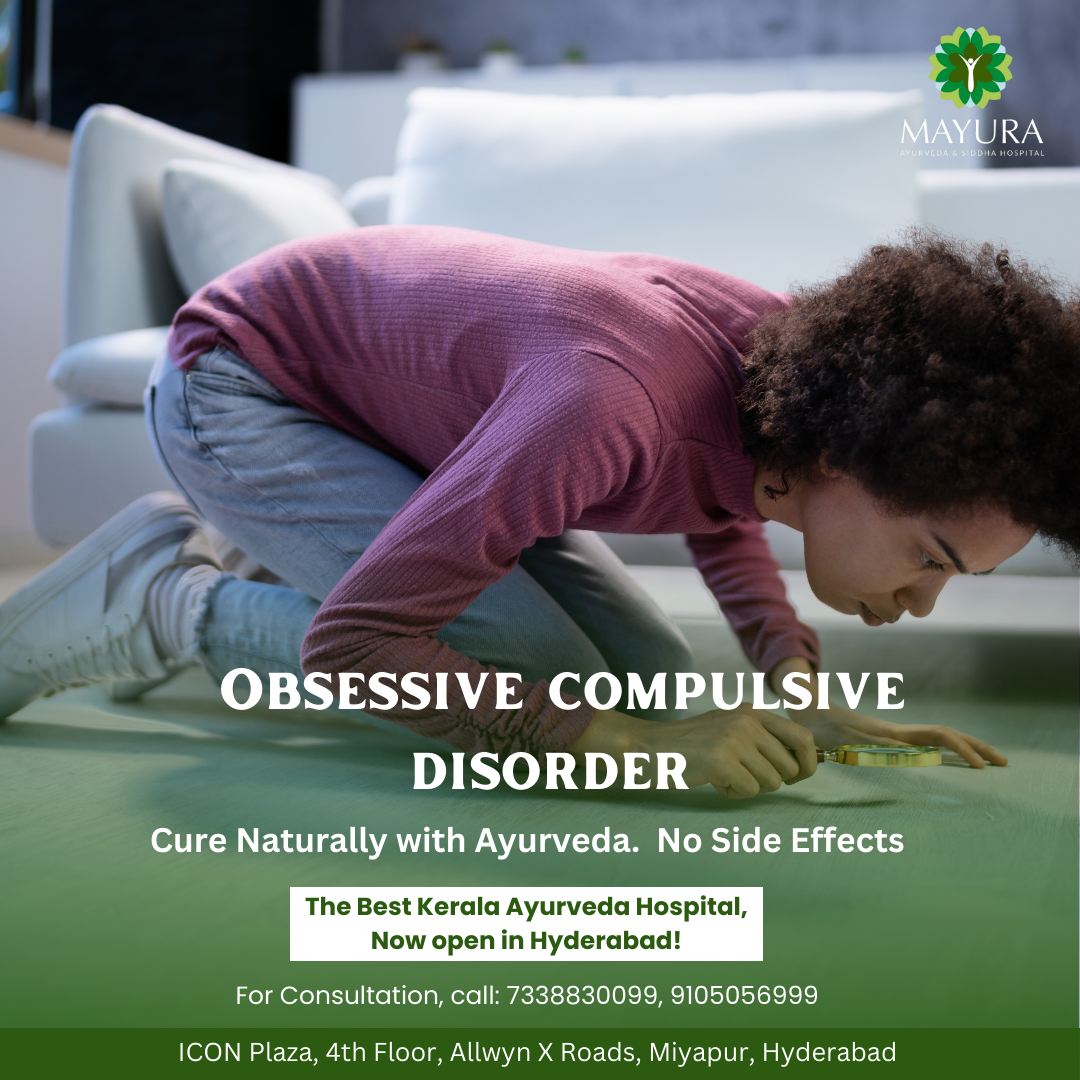Obsessive-Compulsive Disorder (OCD) is a mental health condition characterized by persistent, intrusive thoughts (obsessions) and repetitive behaviors (compulsions). These obsessions and compulsions can significantly impact daily life and cause distress.
Common symptoms of OCD include repetitive hand washing, checking locks or appliances repeatedly, counting, arranging items in a specific order, and intrusive thoughts about harm or contamination. While everyone may experience occasional intrusive thoughts or engage in repetitive behaviors, individuals with OCD experience them to a debilitating degree.
The exact cause of OCD is unknown, but it’s believed to involve a combination of genetic, environmental, and neurobiological factors. Certain brain abnormalities, imbalances in neurotransmitters like serotonin, and childhood trauma or stress may contribute to the development of OCD.
Treatment for OCD typically involves a combination of therapy, medication, and lifestyle changes. Cognitive-behavioral therapy (CBT), particularly exposure and response prevention (ERP), is considered the gold standard for treating OCD. Medications such as selective serotonin reuptake inhibitors (SSRIs) can also help alleviate symptoms.
In addition to professional treatment, self-help strategies like mindfulness meditation, stress management techniques, and support groups can provide valuable coping mechanisms for individuals with OCD. It’s important for individuals with OCD to seek support from mental health professionals and loved ones to manage their symptoms effectively and improve their quality of life.
















